


The Optimal Design of Our Eyes

Brian Miller on the Gift of Vision
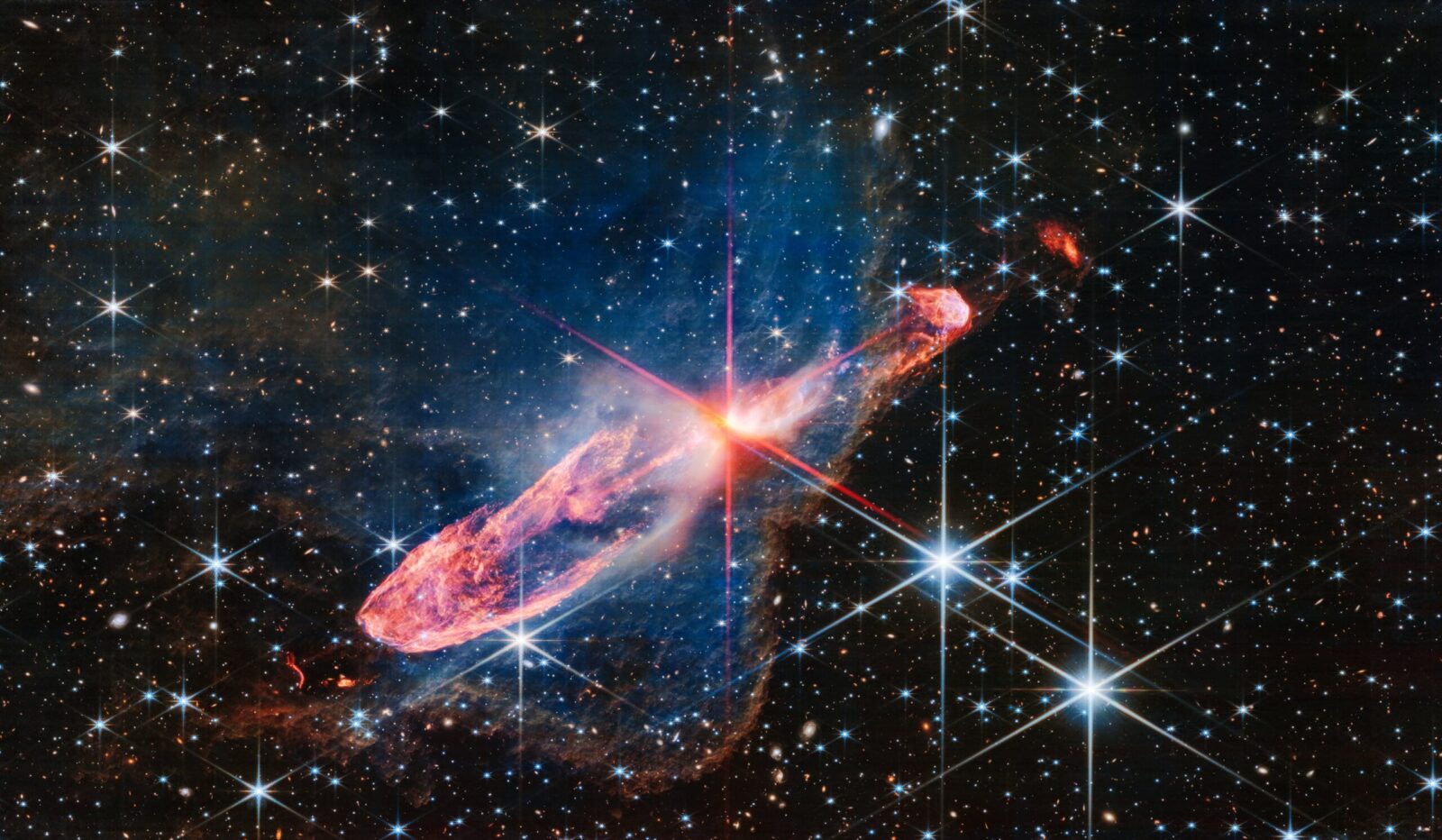
How Modern Physics Reveals Purpose in the Universe
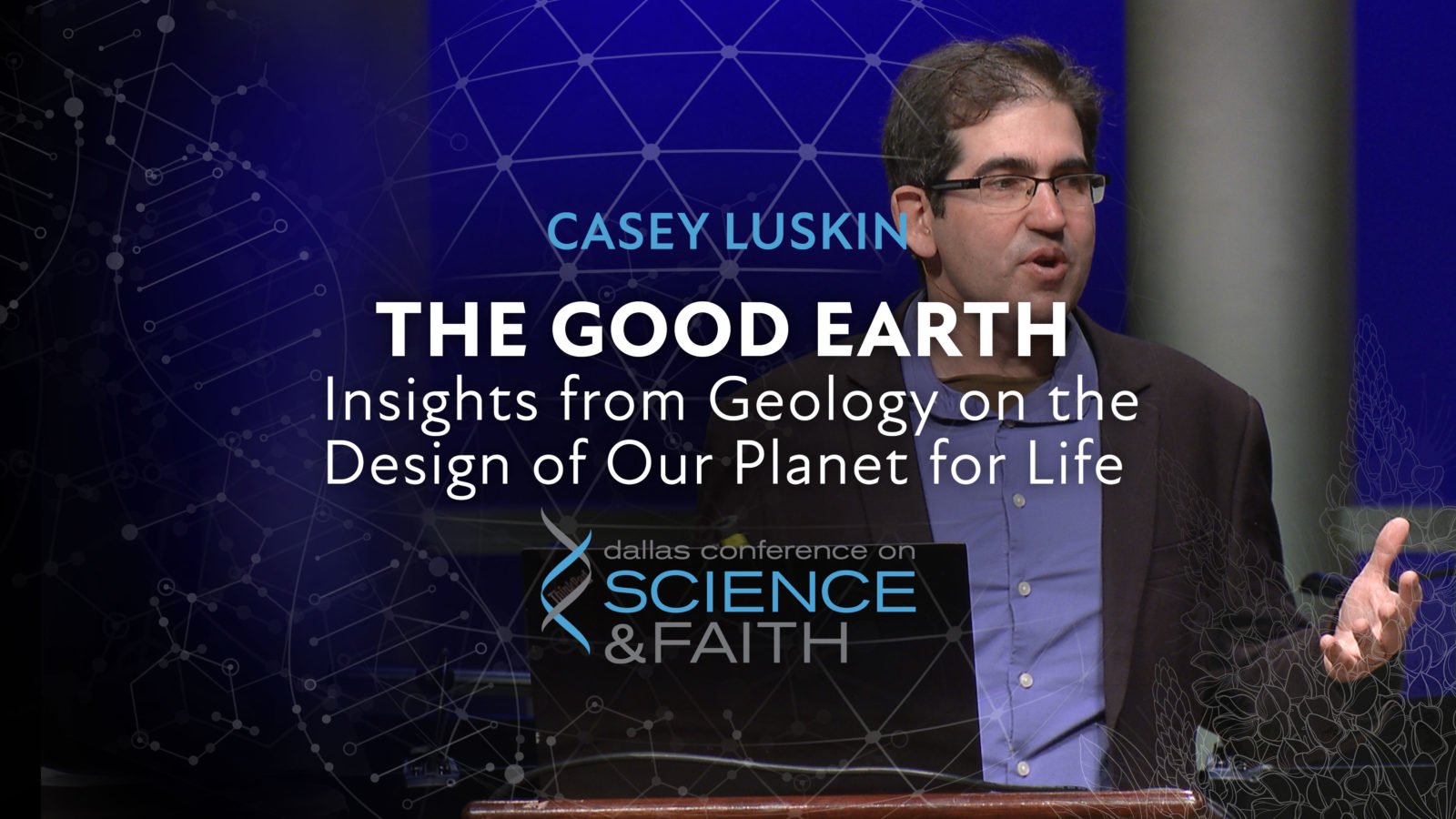
The Good Earth
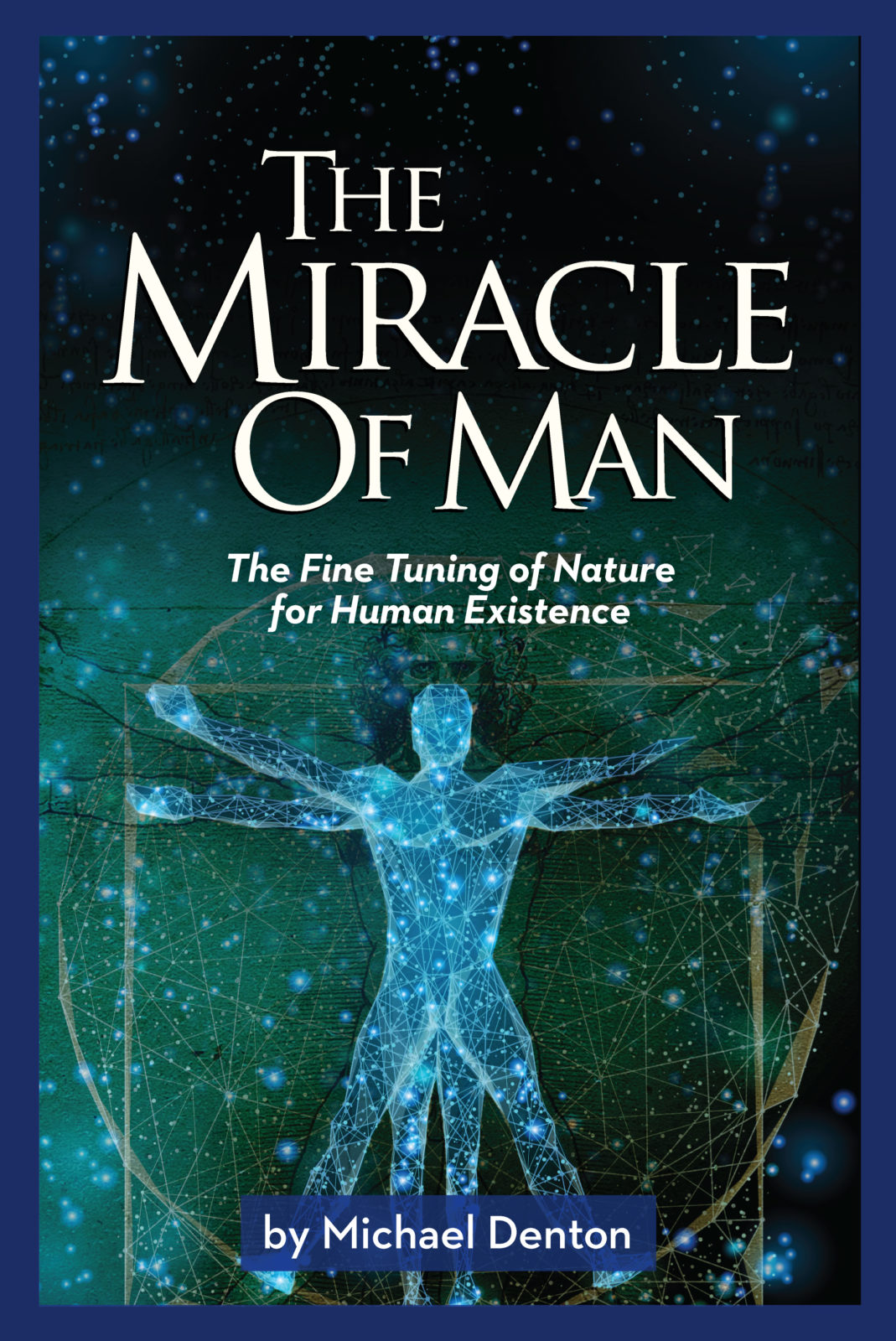
The Miracle of Man

One God or Many Universes?
What is the best explanation for the fine-tuning of the universe? Philosopher of science Stephen Meyer digs into the evidence of fine-tuning and shows how it points to intelligent design. Along the way, he responds to those who claim that the multiverse hypothesis defeats the need for intelligent design.
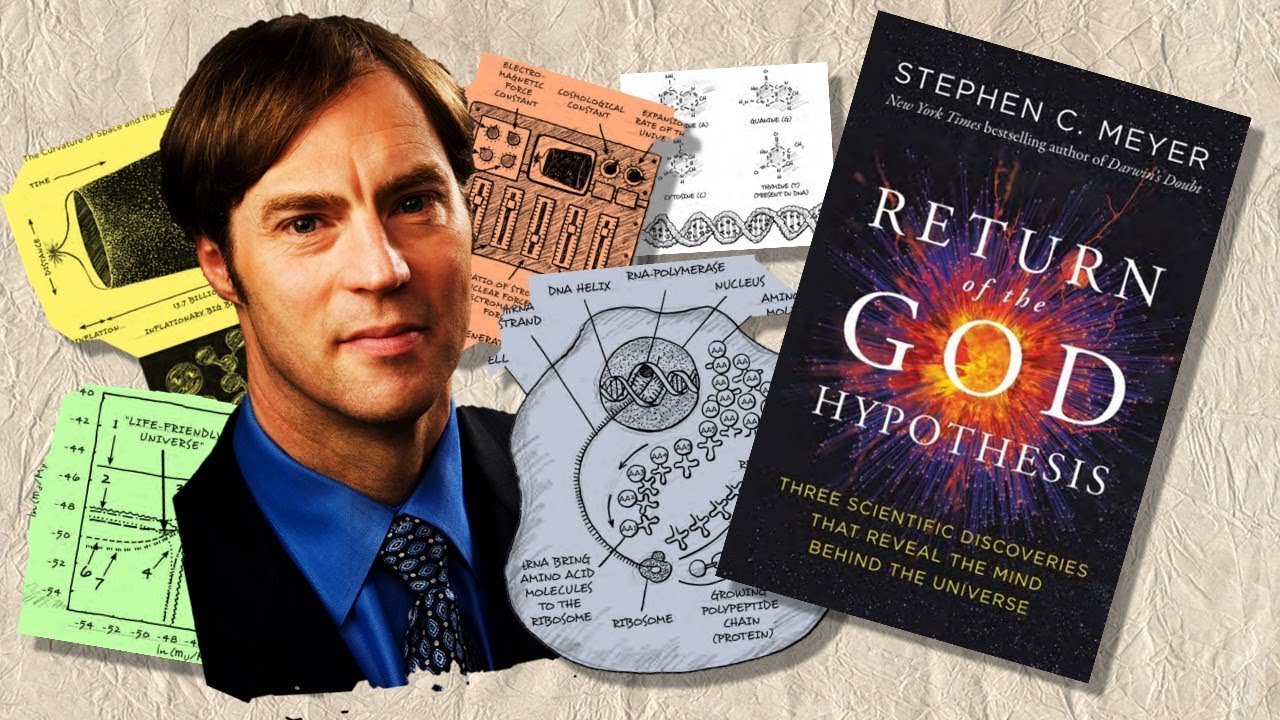
Apologetics Profile, Pt. 1: Cosmological Evidence
In part 1 of a 2-part series on Apologetics Profile, Dr. Meyer discusses evidence in cosmology that supports his argument for the return of the God hypothesis.
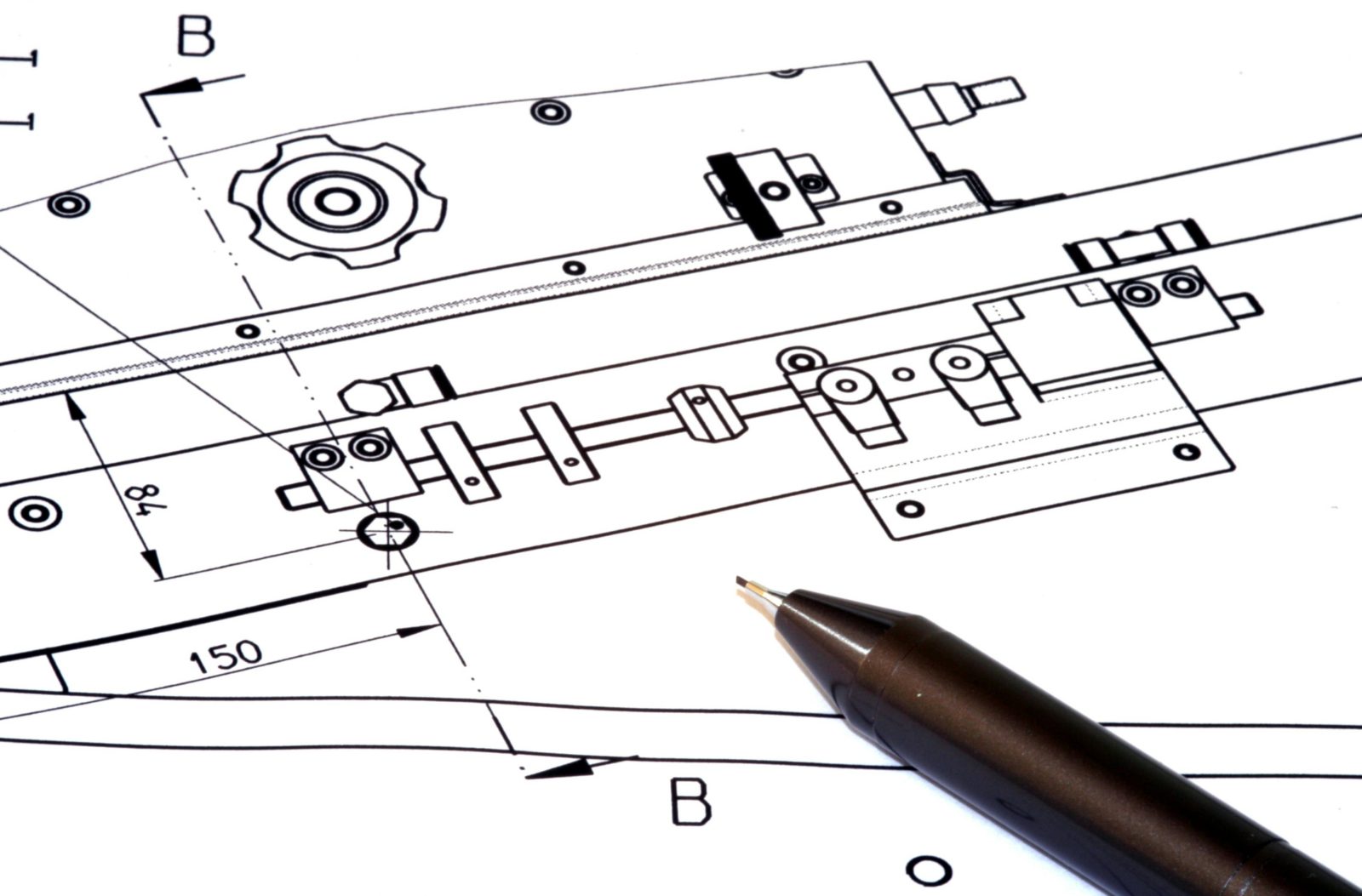
The Top Six Lines of Evidence for Intelligent Design
